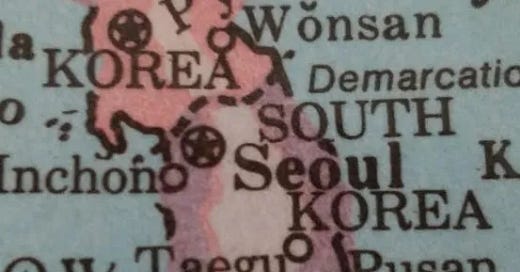The Korea Disease Control and Prevention Agency (KDCA) issued a nationwide Japanese encephalitis alert on July 25 and urged people to follow preventive measures and get vaccinated if they are eligible.
More than 50% of the mosquitoes collected in Gyeongnam and Jeonnam were confirmed to be Japanese encephalitis vector mosquitoes, which prompted the nationwide alert.
As a result of the operation of the Japanese encephalitis vector mosquito surveillance system, as of July 24 (30th week), the Japanese encephalitis vector mosquito, was confirmed to account for 63.2% (2,456/3,884) and 58.4% (1,684/2,878) of all mosquitoes in Gyeongnam and Jeonnam, respectively.
This year's Japanese encephalitis alert was issued on the same week as last year.
The mosquito that transmits Japanese encephalitis lives in rice fields, animal sheds, and ponds. It mainly sucks blood at night and occurs throughout Korea. The density of vector mosquitoes reaches its peak in August and September, and it has been observed to be active until the end of October.
When infected with the Japanese encephalitis virus, mild symptoms such as fever and headache usually appear, but in rare cases, when it progresses to encephalitis, severe symptoms such as high fever, seizures, stiff neck, confusion, convulsions, and paralysis appear, and 20-30% of these cases can lead to death. In particular, when it progresses to encephalitis, even if the symptoms recover, 30-50% of patients can suffer from various neurological complications depending on the damaged area.
There are approximately 20 domestic Japanese encephalitis patients each year, with the first patient being reported in August to September and occurring until November. Looking at the characteristics of patients (91 patients) reported with Japanese encephalitis over the past five years (2019 to 2023), patients in their 50s or older accounted for 87.9% (80 patients) of all patients, and by region, they occurred in the order of Gyeonggi, Seoul, and Gangwon.
Subscribe to Outbreak News TV on YouTube
There is an effective vaccine for Japanese encephalitis, it is recommended that those born after 2011, who are eligible for national vaccination support, be vaccinated according to the standard vaccination schedule.
In addition, vaccination (for a fee) is recommended for adults aged 18 years or older who have never been vaccinated against Japanese encephalitis in the past, ➊ living in a risk area (near rice fields or pig farms) or planning to work in a risk area during the transmission period, ➋ foreigners who moved from a non-endemic area and will reside in Korea for a long time, and ➌ travelers to countries at risk for Japanese encephalitis*.
* Bangladesh, Bhutan, India, Nepal, Pakistan, Sri Lanka, Brunei, Burma, Cambodia, Indonesia, Laos, Malaysia, Philippines, Singapore, Thailand, Timor-Leste, Vietnam, China, Japan, Taiwan, Russia, Australia, Papua New Guinea
Director Young-Mi Jee of the Korea Disease Control and Prevention Agency emphasized, “During the summer, there is a high possibility of exposure to Japanese encephalitis-carrying mosquitoes due to the many outdoor activities, so please be especially careful not to be bitten by mosquitoes, and those who are eligible for vaccination should get vaccinated according to the vaccination schedule.”





